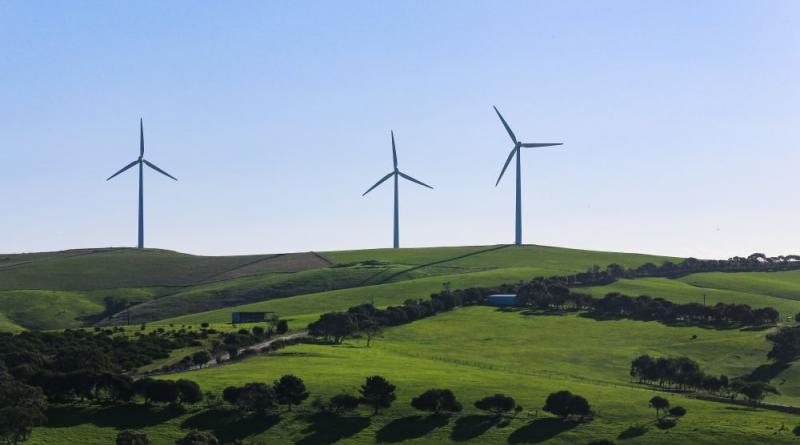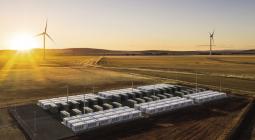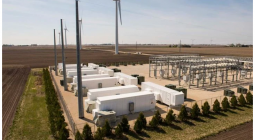Renewable energy sector predicted to have strong COVID-19 recovery.

The UK climbs the ranks of EY’s latest RECAI index as analysts argue renewables are a ‘safer-haven’ for long-term investors.
The renewable energy sector is expected to ‘bounce back quickly’ as the long-term drivers for investment remain strong, according to the 55th EY Renewable Energy Country Attractiveness Index (RECAI).
The latest index considers the potential impact of the pandemic, looking at the resiliency of countries in both health and economic terms.
The report highlights how climate change and other environmental, social and governance (ESG) issues are being increasingly recognised as significant factors of a company’s future value creation potential.
In the middle of the worst economic crisis in a century, institutional investors are pressing that businesses not only deliver financial performance, but also show they make a positive contribution to society. Consequently, companies are having to amend their corporate strategies to control their emissions, enhance their governance, and improve their climate-related disclosures.
“There was much discussion around ESG earlier this year and this, along with climate change, is still the dominant long-term driver for renewable investment, despite COVID-19,” said Ben Warren, EY Global Power & Utilities Corporate Finance Leader and RECAI Chief Editor.
“As a result of the pandemic, pollution levels have fallen dramatically through reduced fossil fuel consumption. A greater focus on a sustainable long-term energy future therefore works in favour of clean energy, in particular wind and solar, together with storage.”
For the first time since 2016, The US has unseated China from the top position on the index, largely because of “a short-term extension to the Production Tax Credit and long-term growth in offshore wind, with plans to invest US$57b to install up to 30GW by 2030.”
China slumped to number two because of a drop in renewable growth as the government looks to wean the market off subsidies towards a more competitive landscape. This coupled with reduced demand as a result of COVID-19, however EY is still optimistic about renewables growth in China.
France has moved up from fourth position to third in the rankings, following awards of 1.4GW for wind and solar developers in its latest auction.
The UK has secured sixth place, after the government's decision to re-include onshore wind and solar projects, encouraging greater and more diverse renewable energy development.
Spain also improved its rankings, gaining four positions to 11th place, despite being impacted greatly by COVID-19. Climate and energy policies are a high priority for the government, and it has set out aggressive but achievable plans to increase wind and solar sectors.
The report examines how large-scale energy storage is critical to decarbonize electricity systems, and the conditions needed to boost investment in utility-scale battery storage.
According to the report, 12.6GWh of battery storage is planned to be installed this year, making 2020 a record year for energy storage growth. And in the longer-term, a 13-fold increase in capacity growth, from around 17GWh currently to 230GWh by 2025, is anticipated.
EY Global Energy, Benoit Laclau argues in the midst of the coronavirus crisis, the energy industry is experiencing a ‘defining and transformative’ moment.
“Stakeholders are looking to collaborate and invest in companies where climate change and sustainable development is embedded in their strategy. Energy leaders should take action to invest in renewables and related sustainable long-term projects, including energy efficiency, smart power networks and low-carbon transport infrastructure.”
22 May 2020
Climate Action




